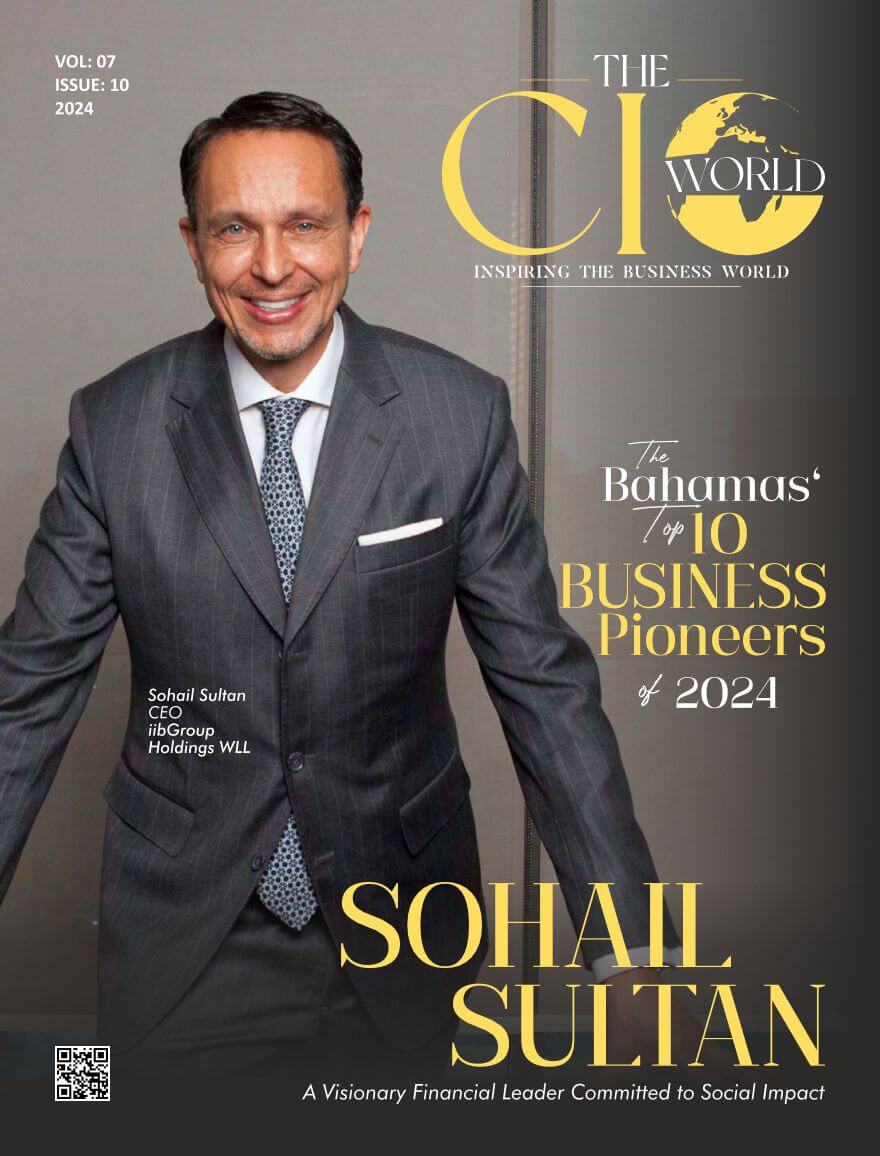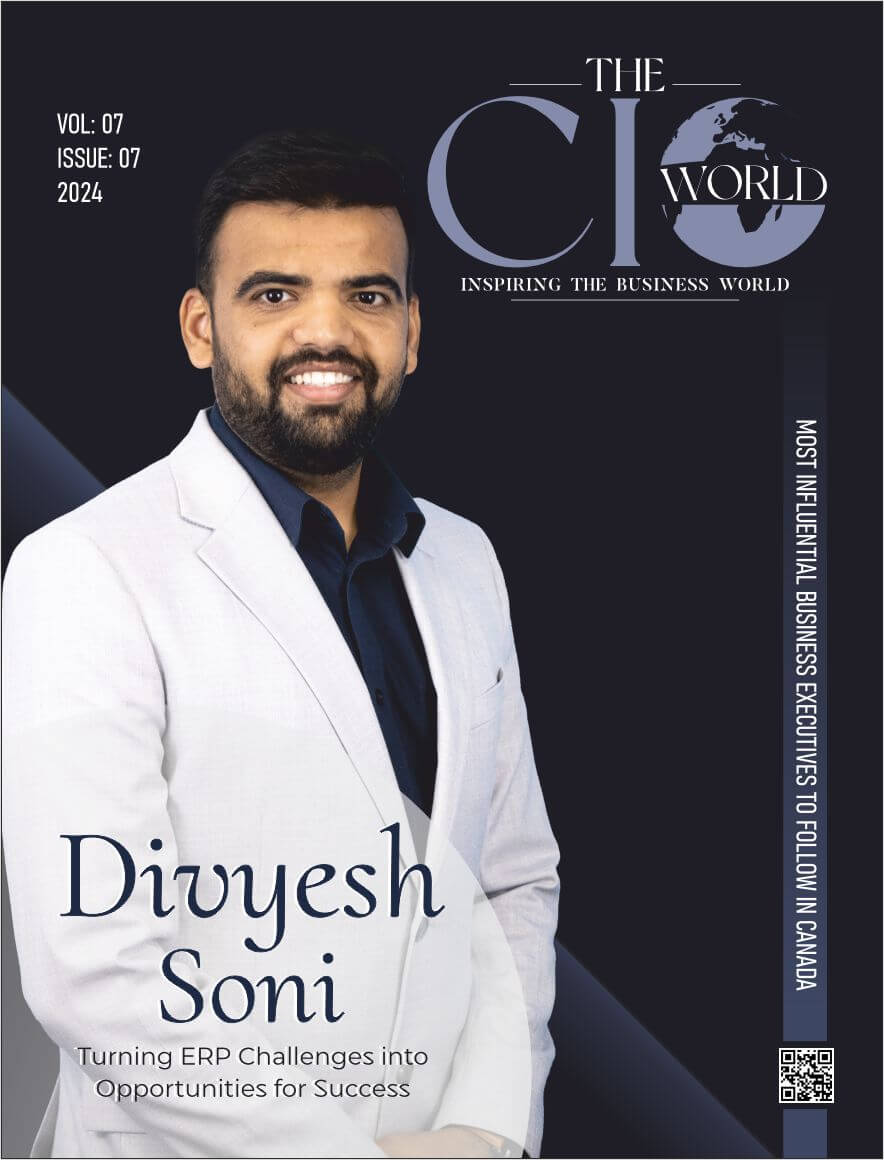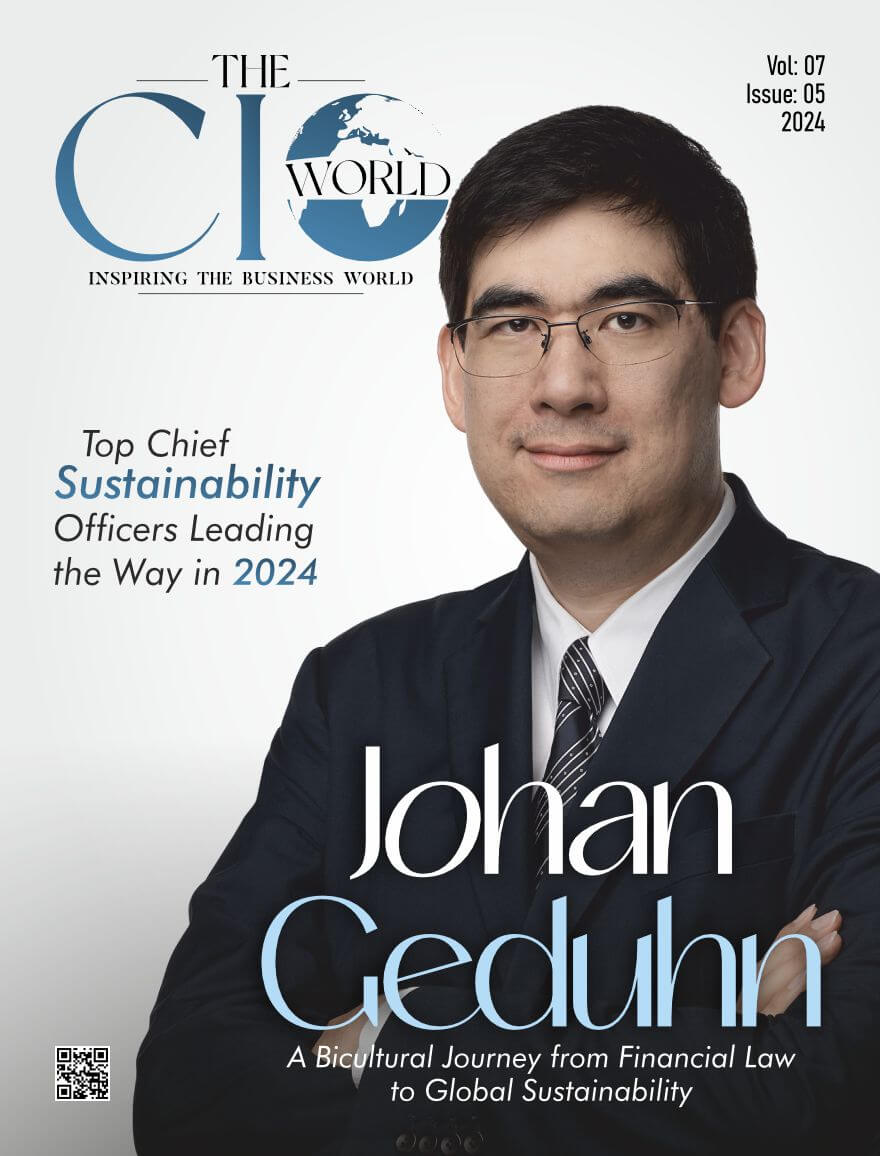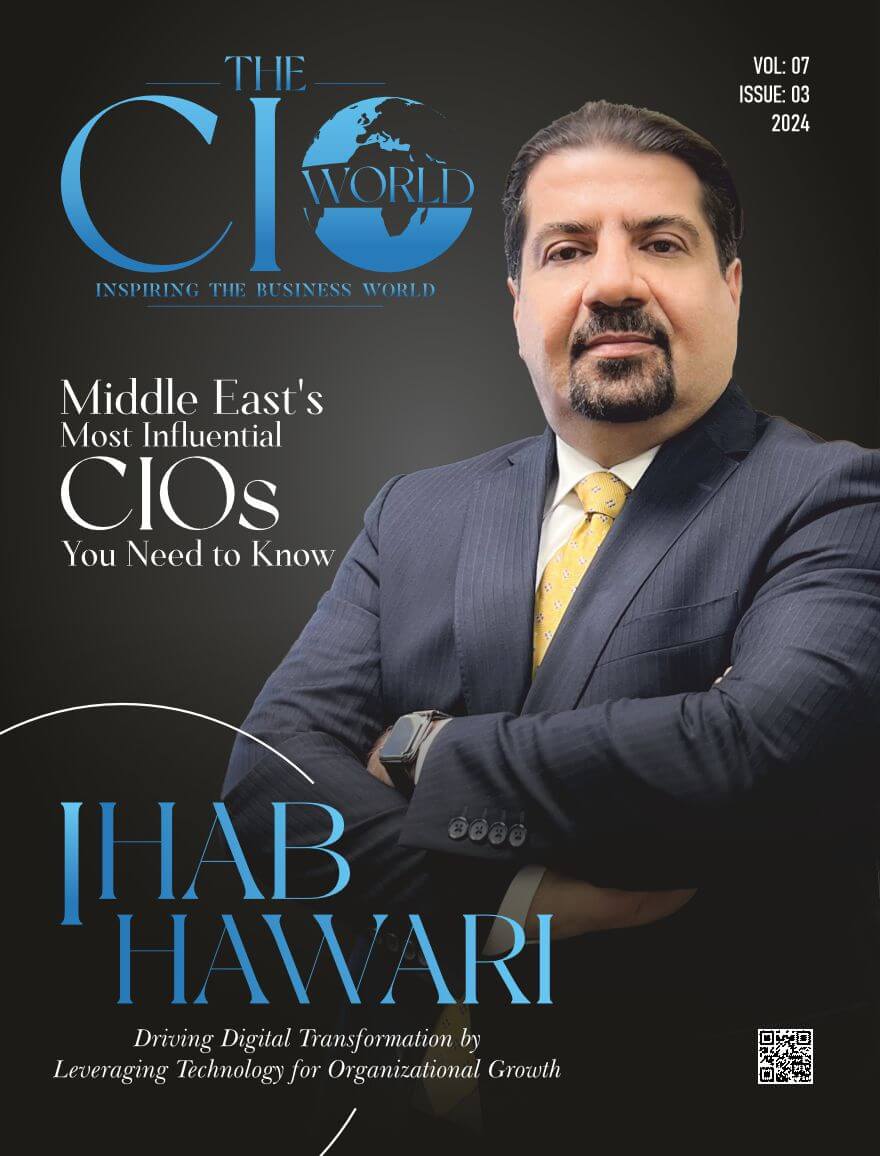Ford CEO Jim Farley stated that Chinese automakers, such as BYD, are the primary competitors for U.S. automakers in the electric vehicle (EV) space, surpassing traditional rivals like General Motors and Toyota. According to Farley, Chinese companies have excelled in areas such as battery chemistry and other emerging EV technologies. He specifically praised BYD for its vertical integration, aggressiveness, and long-standing commitment to electric mobility. BYD, backed by Warren Buffett, has experienced significant sales growth in China and is now expanding into the European market.
Farley’s observations align with industry experts and investors who have recognized the advancements made by Chinese automakers, which benefit from government support and funding in China. BYD’s developments in sodium-ion battery technology, potentially replacing lithium batteries in more affordable EVs, have attracted attention and may contribute to increased profit margins. Farley also acknowledged the advantages of BYD’s battery technology over the current U.S. industry standard of lithium-ion batteries.
In response to the competition, Ford has formed a collaboration with China’s CATL to establish a new battery plant in Michigan, producing cheaper lithium iron phosphate (LFP) batteries. This move aims to lower costs and enhance Ford’s EV offerings. However, the Ford-CATL deal has faced scrutiny amidst U.S.-China tensions, prompting concerns about licensing technology to a Chinese company. Farley emphasized the importance of allowing access to cost-effective EV technologies in the U.S., highlighting that hindrances could result in higher prices for consumers.
Overall, Farley’s recognition of Chinese automakers’ advancements in the EV sector underscores the increasingly competitive landscape and the need for U.S. automakers to accelerate their efforts to stay at the forefront of electric mobility.







